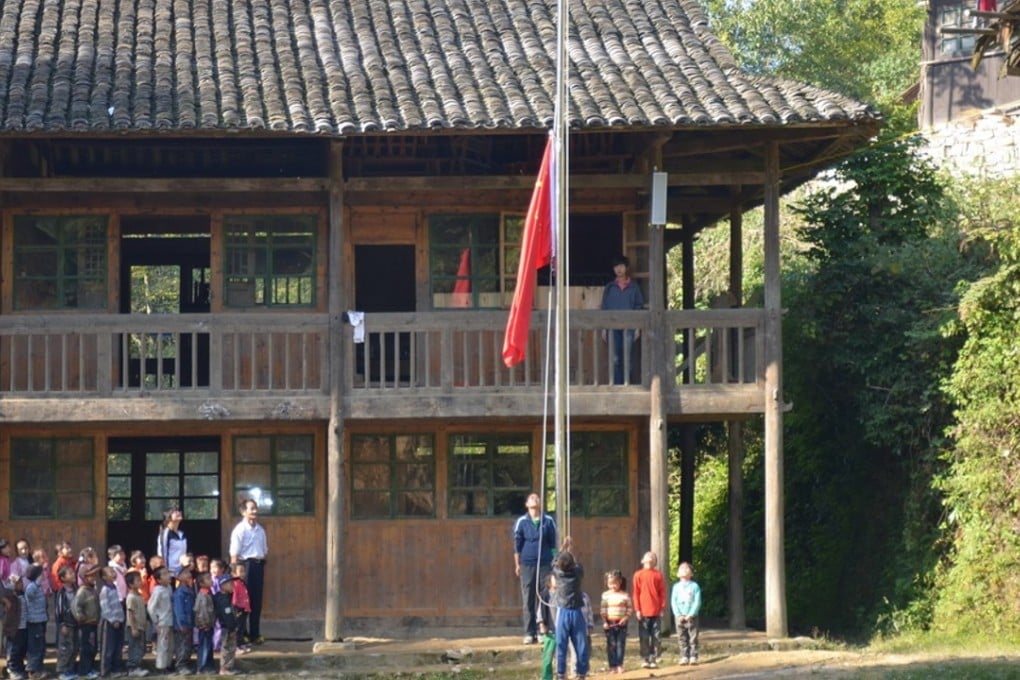How can China convince teachers to move to the countryside?
Expert says teachers on temporary contracts and volunteers are only a makeshift solution

In a remote village on a mountain in Baojing county, Hunan province, volunteer Li Wei has been teaching primary school pupils for six years.
She teaches six classes a day: grade one maths and music for the whole school, which has only three grades and 34 pupils.
There are four teachers: one local teacher and three volunteers. Besides teaching, they prepare lunch for the pupils. They also hire a car on weekends for the 90-minute drive to the nearest town to buy food and everyday necessities.
Li said the work was exhausting and life was boring, with no cultural or entertainment activities; very different to her rich home city of Suzhou in Jiangsu province. There was no regular water supply, no air conditioners or electric fans, and the village was only connected to the internet last year.
As a volunteer, she receives a monthly allowance of 600 yuan (US$90).